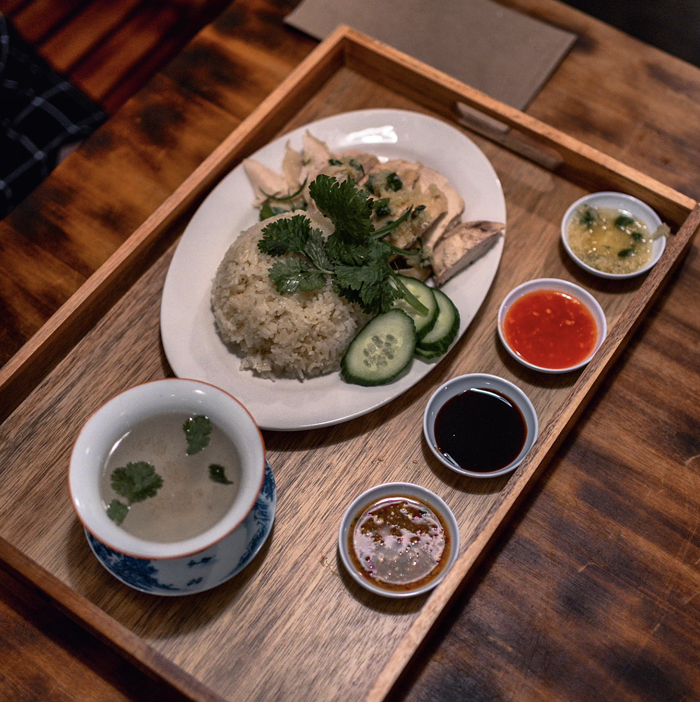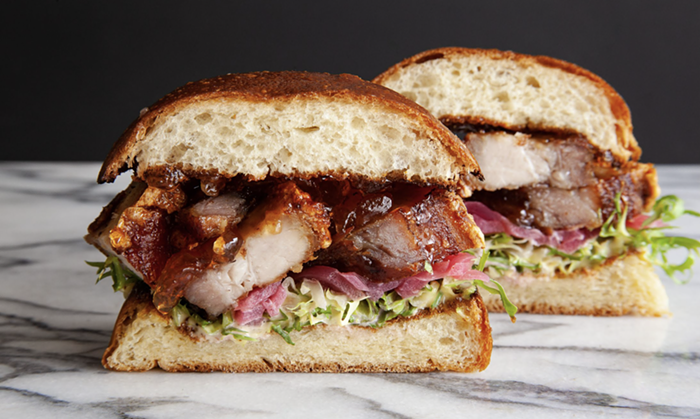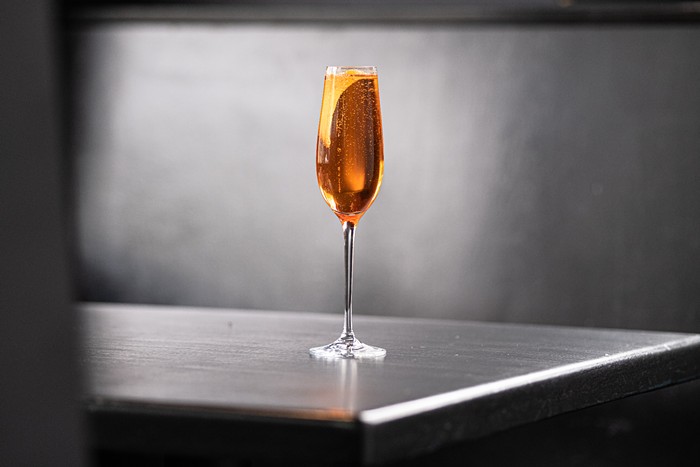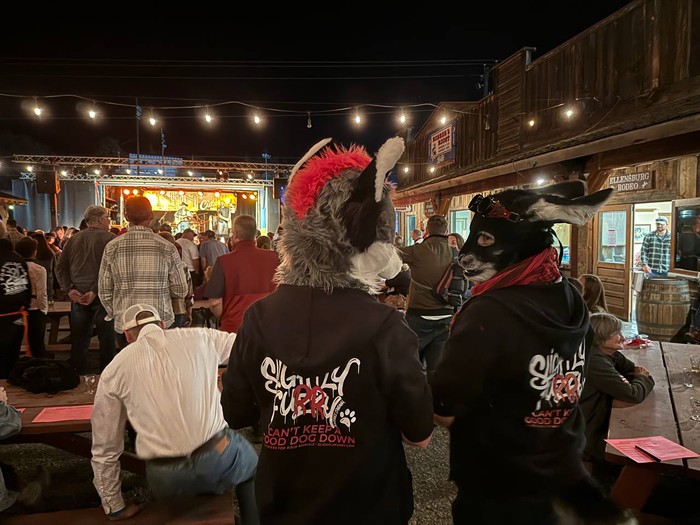Sleep was the same as death. An absolute darkness with no dreams, past, future, fear, joy, or sense of being at all. And then when I woke up—sun rays, open curtains, closed window—I remembered I was in a strange country. This was Cartagena, a city in Mediterranean Spain. This was a hotel room—clean, small, quiet—on the fourth floor of a building that was surrounded by other buildings. It took three flights to get to this little but crowded city, and one of the stops, Heathrow, had a delay that seemed eternal and caused connecting delays. I arrived in southern Spain in the heat of the night, slept for 12 hours straight, and arose with a deep and true hunger. I did not speak the language of the old country.
The hotel, Hotel Carlos III, is attached to a small restaurant, Mesón Las Viñas (30203 Cartagena, Spain, 011-34-968525775). Inside this place (long red counter, tiles everywhere, orange juice robot), I found a woman serving coffee to a portly man who was digging a house groove on the radio—a black American woman was singing about getting some guy to love her. The portly man smoked, sipped milky coffee, took bites out of a puffy pastry, and nodded to the thumping 4/4 beat. It was 11:00 a.m. Mediterranean light came through a window facing a small, quiet street. The woman behind the counter was somewhere near the middle of her 40s, wore a little makeup, and had a little weight around the hips. I asked for a menu. She did not understand my request because she did not speak a lick of my language. And the man digging the house beat on the radio obviously did not know what the black American was singing because he couldn't provide the woman (who turned to him for help) a translation of what I was saying.
After a few dismal failures, we overcame the language barrier and successfully exchanged information. By play eating (invisible fork and food), I made her understand that I wanted lunch; by pointing to the idle kitchen and the clock on the wall, she made me understand that the chef was not in until 1:00 p.m. But I was confused: What about all the food displayed behind the counter's glass—the small red sausages in the red sauce, the curious salads, the fleshy fish covered by glistening onions? I pointed at these items with enthusiasm. She smiled and said: "Tapas!" I smiled and said: "Sí! Sí! Sí!" Fifteen minutes later, there were three empty plates in front of me and one conclusion in my head: Spain has a far more meaningful relationship with food than any of the great cultures of my life—Great Britain, Zimbabwe, the United States. The main door of Mesón Las Viñas was wide open, the smell of the sea was in the air, and next to the empty plates were two empty glasses of wine and a bill—all of this pleasure cost me only $8.
What the woman behind the counter saw as mere snacks, I saw as a king's meal (indeed, several stories about the origins of tapas involve medieval kings). And the more I ate these snacks—in Murcia, I enjoyed plates upon plates of their famous crusty rice; in Madrid, I ate plates upon plates of something that was soft, yellow, and salty—the more I became convinced that main meals are nothing but a big waste of time and energy. Not only are small plates often served for free with a glass of wine (Spanish generosity), but they are meant to be shared with others (Spanish camaraderie). The socialist in me eagerly made this distinction between meals and tapas: A big plate of food is just for you (the individual); a small plate is for you and others (the communal).
Shortly after returning to the U.S., coming to terms with the bitter fact that my life is not all about small dishes of delicious things and glasses of cheap wine, I paid a local tapas joint a visit. Pintxo (2207 Second Ave, 441-4042) is perfectly urban—small, simple, with an outdoor sitting area enclosed by brick walls—and serves "Spanish-inspired" tapas. It has the mood or function of being not a point of destination but a point of transition: from a day of work into a night of big things (meals, events, parties). Pintxo has one of the best happy hours (from 4:00 to 6:00 p.m. and 10:00 p.m. to midnight) in town. The plates (my favorites on the menu: lamb meatballs, prawns and garlic sautéed in olive oil, quail eggs on toast, the meat plate) range from $2 to $4 during happy hour, and a glass of house wine, which is dark and decent, costs a reasonable $4.
Though none of the food at Pintxo (and I sampled every one of the small plates) is as good as much of what I devoured in the faraway land of Spain, it certainly is not disappointing or a poor imitation. But the best thing about the place is that it doesn't serve big and ugly and hyperindividualistic meals, the new enemy of this wine-loving Marxist. ![]()




















